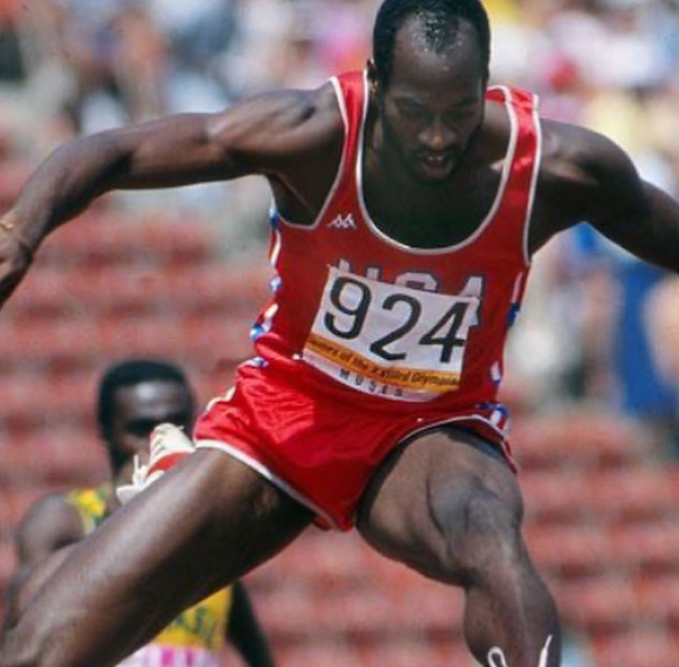Track and field was Edwin Moses’ lifelong interest, even though competing in the Olympics seemed unattainable at first. During his high school years, he weighed just 117 pounds and stood just 5 feet 7 inches tall, which frequently caused him to fall behind other runners.
But as Moses’ body expanded, so did his pace, and soon he was not only keeping up but also in the front of the group, turning his once-distant objective into a reality.
Moses, who majored in both engineering and physics at Morehouse College, used math to maximize his 400-metre hurdle performance. He was able to overcome this difficult race by precisely analyzing the amount of steps required between each hurdle and determining that he would be most efficient and fast if he took 13 steps in total.
Moses stated; “It just really made sense when you’re out on the track and you’re dealing with running 400m worth of hurdles, 10 hurdles, then it behooves you to kind of find the shortest way or the most efficient way”
Moses’ unbeatable run: 122 wins, two gold medals at the Olympics, and nine years of domination
Moses won two gold medals at the Olympics and two world titles via pure willpower and an unmatched work ethic. He won 122 straight races during an incredible nine years, nine months, and nine days of being unbeaten, setting a record that no other athlete has ever come close to matching. His accomplishments serve as a monument to the strength of perseverance and discipline in the sports industry.
At the height of his career, Moses—who had previously been seen as quiet and reserved—became a vocal opponent of racism, performance-enhancing drugs, and unequal athlete compensation.
Despite being contentious and jeopardizing his amateur status, his activism in the 1970s and 1980s generated high-profile scandals. However, he thinks that making a standback then opened the door for beneficial adjustments that now help Olympic athletes.

